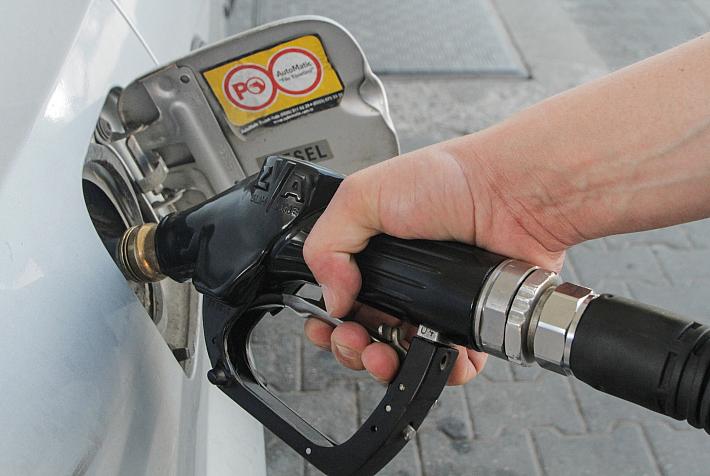Report: Half of Romanians believe democracy is under threat

A total of 58% of Romanians think democracy is under threat in the country, a new polling report, published by the Open Society Foundations, showed. Furthermore, the generation born before 1946 is more pessimistic about the topic, with 63% holding the view that democracy is under threat.
The report examines attitudes in Central and Eastern Europe towards the freedoms won in 1989. The polling was carried out by YouGov in Bulgaria, the Czech Republic, Germany, Hungary, Poland, Romania and Slovakia, among 12,537 respondents, between August and September of this year.
At the same time, 54% of the Romanians surveyed think elections are generally not free and fair. This is the second highest percentage among polled countries after Bulgaria, where 76% believe the same. In neighboring Hungary, 52% believe elections are not free and fair.
When it comes to rule of law, 68% of the respondents in Romania thought that this was under threat. Overall, in most countries, more than 60 percent of respondents polled (and half of respondents in Germany) believed the rule of law to be under threat. The figures were highest in Bulgaria (74%) and Slovakia (70%), followed by Romania and Poland (64%).
Nearly half of those surveyed in Romania (50%), Bulgaria (47%), and Poland (48%) think that their freedom to protest is under threat despite the vigorous public protests taking place in all three countries over the past year, the report showed. In general, younger people were the most apprehensive about their freedom, with a majority of Generation Z respondents reporting a sense that their freedom of speech is at threat in their country (52%).
When it came to evaluating the free market economy, 34% of the Romanians surveyed thought this is bad, while 30% thought it was good for the country and 27% that it was good at an individual level.
The survey also revealed a high level of distrust in government information in Romania, with 70% reporting that they do not trust the news they receive from the Government. It is the second highest percentage among the surveyed countries after Slovakia (72%), and it is followed by those recorded in Bulgaria (69%) and Hungary (63%).
Emigration is a big concern in every country polled, apart from Germany. Romania registered the highest percentage, with 67% of respondents saying that they are worried about people leaving the country. The shares were also high in Bulgaria (65%) and Hungary (62%).
Still, the concerns about democracy co-exit with strong support the right of public organisations – such as charities and academic institutions – to criticize the Government. A total of 66% of the respondents in Romania think NGOs and charities should be allowed to criticize the Government, and 70% think academic institutions should be allowed to do the same.
Furthermore, the polling also revealed a current of optimism among younger generations – Generation Z (18-22 years old) and Millennial (23-37 years old) – on their ability to influence politics and bring about positive change. Millennials lead the way as the most likely group to have signed a petition over the last twelve months: 43% in Romania, 59% in Slovakia, and 38% in the Czech Republic. At the same time, in every country polled, young people – and especially young women – are more likely than older people to say that people like them have more opportunities than they did in 1990.
The report is available here.













